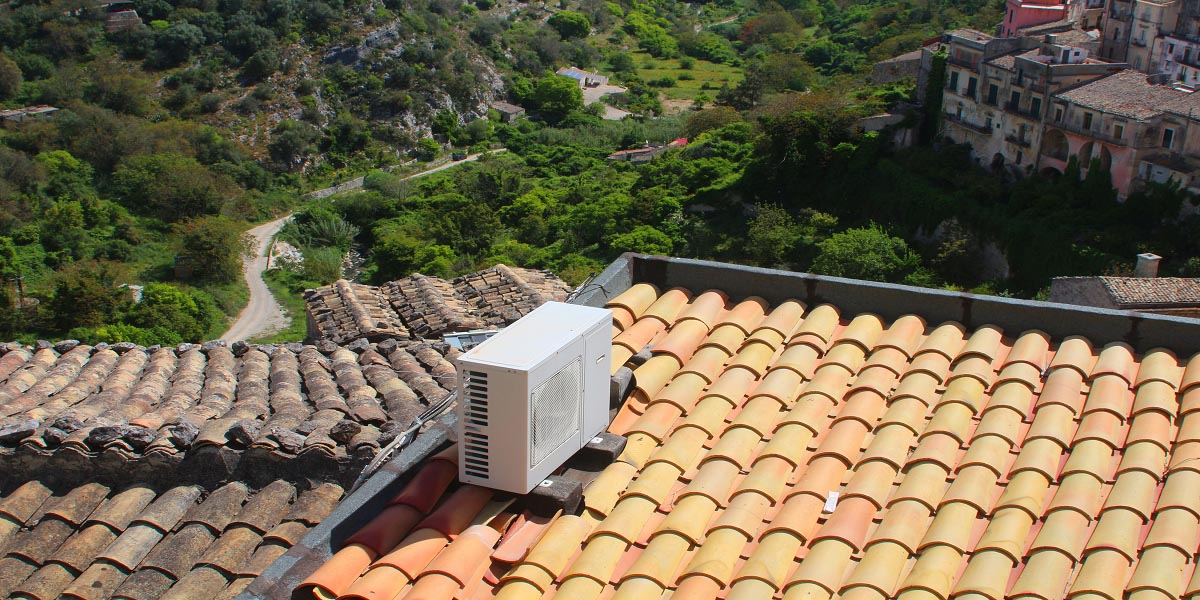
The increase of world temperatures has led to an increase in air conditioning demand, which in turn is threatening to accelerate global warming. Air conditioning sales in Africa are soaring, but often these units are imported, old and inefficient. This drives up energy consumption and greenhouse gas emissions. However, new guidelines could help reduce emissions by setting clear performance standards for new appliances. Some countries are taking actions, banning the import of used air conditioners and adopting tougher energy standards.
The new guidelines for air conditioners and refrigerators provide goals for developing and emerging economies to determine the energy efficiency of air cons and refrigerants. The efforts and goals are ambitious, but if they are achieved even in Africa alone, the annual impacts by 2030 would mean savings of 40 terawatt hours of electricity. This is equivalent to the output of 20 large power pants, and equivalent to the reduction of 28 million tonnes of CO2.
Brian Holuj, of the United Nations Environment Programmes, is the lead author of the guidelines. He wants to ‘expand access to cooling, which is essential to many aspects of human life, and the achievement of Sustainable Development Goals’. However, ‘we [also] need to mitigate the energy and environmental impacts. These guidelines advise governments on how to do that’.
These guidelines are essential, as cooling is on a growth spurt. Cooling is critical for human health, manufacturing and data centres as well as research centres. But the rate at which our demand is increasing will massively accelerate climate change.
Most air conditioning units require electricity and refrigerant gas to operate. Electricity consumption varies hugely, but household air conditioning units in some unregulated markets have been found to consume over 1000 kilowatt hours of electricity per year. Whereas some of the best air conditioning units consume around one fourth as much.
Minimum energy performance standards, when designed and implemented well, are some of the fastest and most effective approaches to improving efficiency.
Posted By admin on May 17th, 2021 in Air Conditioning, Aircon, blog